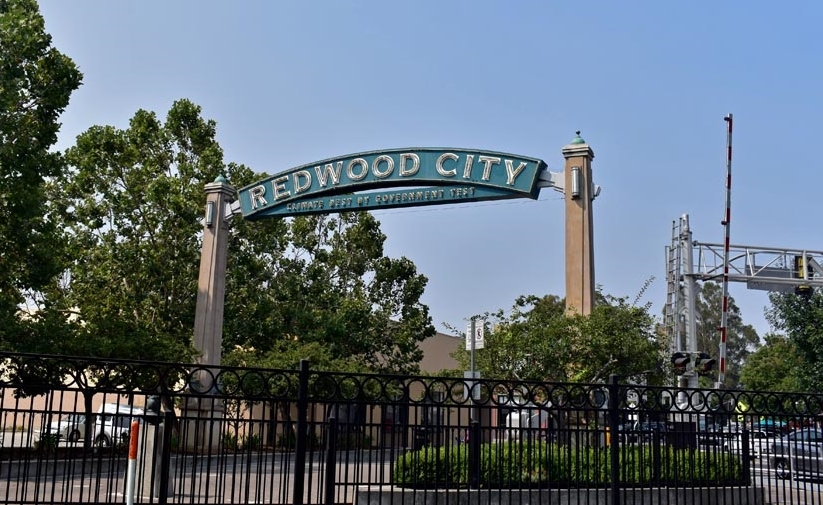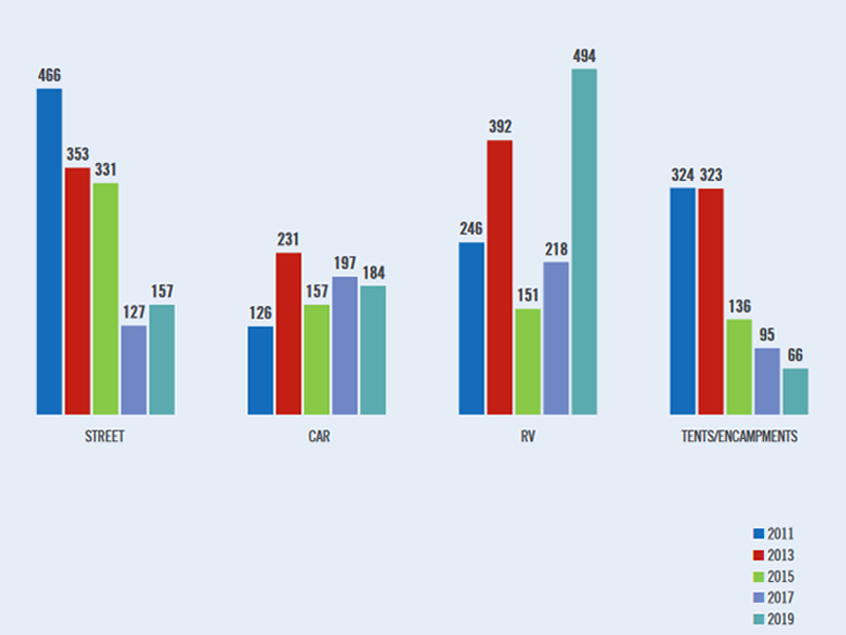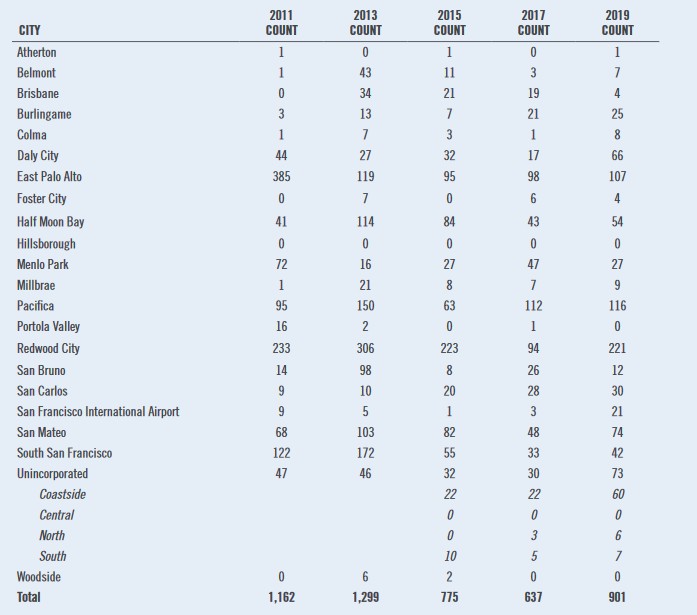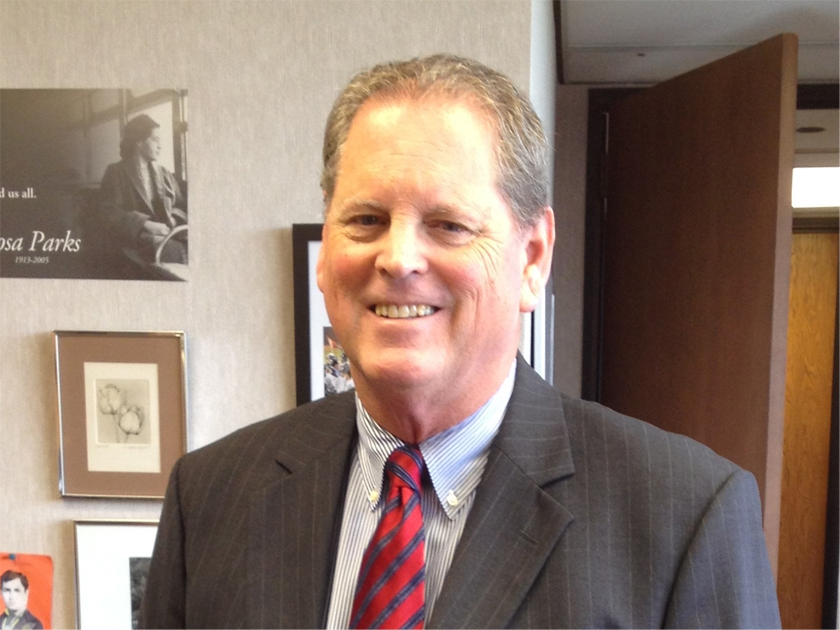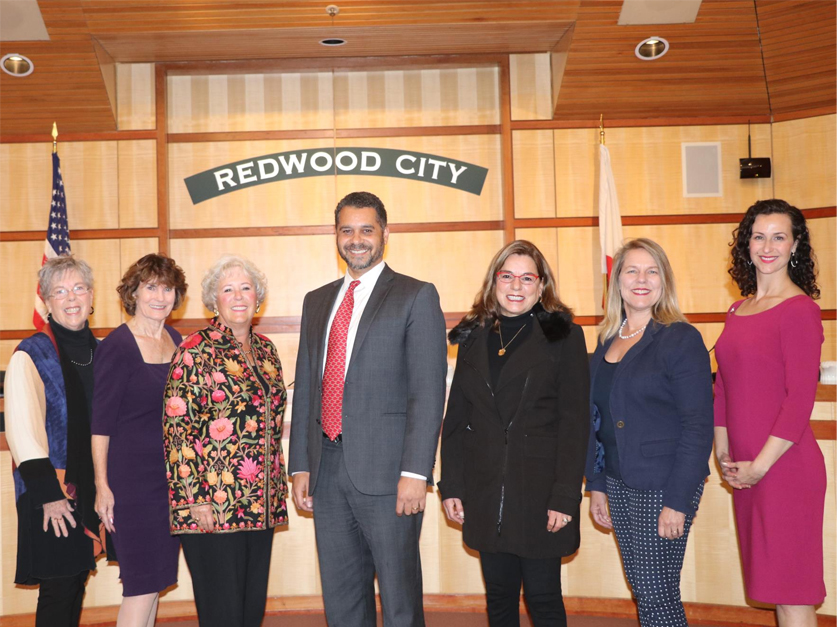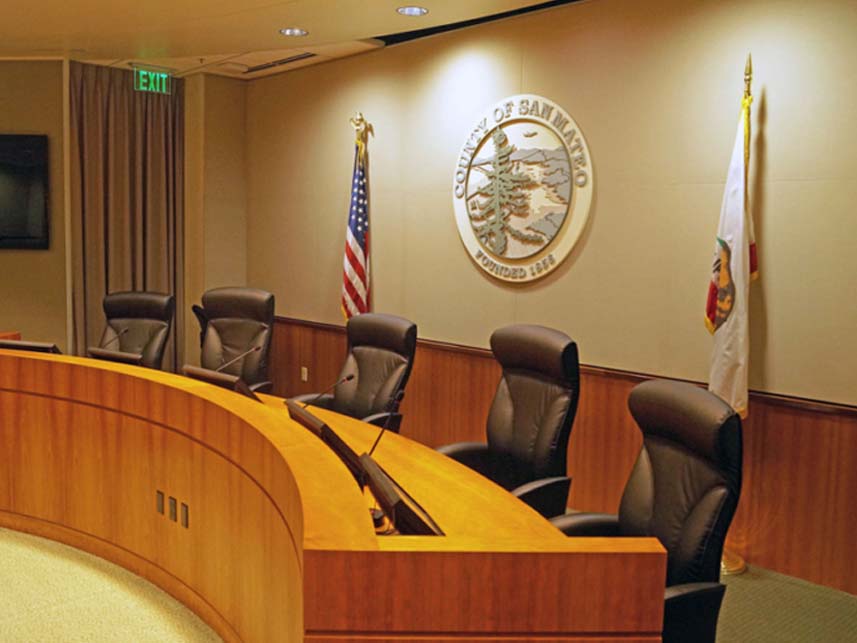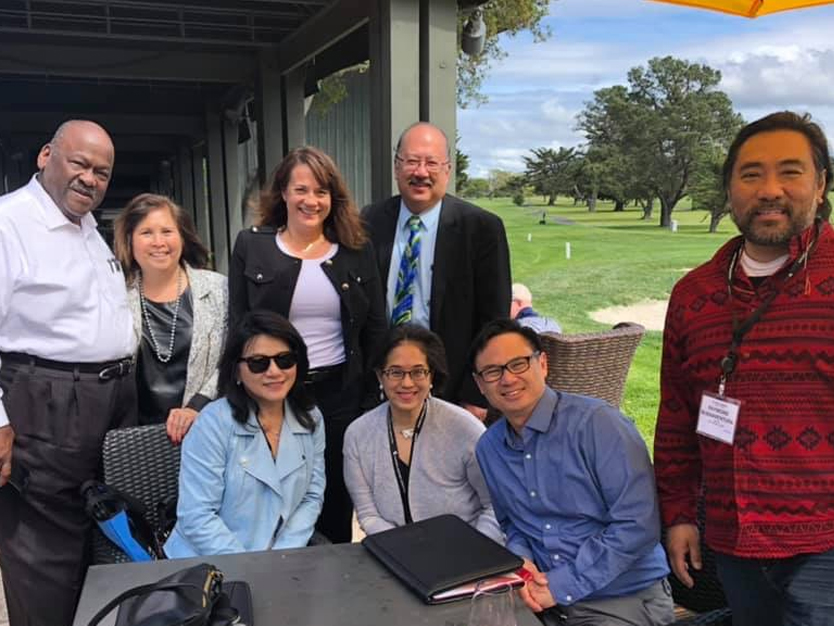Political Climate with Mark Simon: My favorite holiday

The Fourth of July always has been my favorite holiday.
It’s in the summer and that means long days, soft evenings and warm weather. It’s a day to be outside all day and into the night. And if I can’t spend the whole day as a kid running around the neighborhood, I can certainly feel such a day as a visceral memory.
Because it’s summer, it’s a day of the best food – pancake breakfasts and barbecues and hot dogs and hamburgers and corn on the cob and watermelon.
There are parades, always communal events, and they make all of us feel a little closer, something along the lines of what Abraham Lincoln called “the mystic chords of memory.”
There are fireworks, and, really, how can anyone not like fireworks? I know, they’re hell on pets, but there is nothing like a good fireworks show and I am always grateful to the organizations that put them on.
It’s also a time of illicit fireworks and while I’m not condoning any activity that might burn down my neighborhood, it makes me think of Ed Sessler, which is always a good thought. I sat behind Ed through middle school and for some years, we were as close as two kids can be. On the Fourth, Ed always had firecrackers and he had a long-running custom of having at least one blow up in his hand every year.
One year, he had a firecracker go off in his left hand while he was throwing another one in his right hand. When I asked him what happened, he said he got so excited about the firecracker he was throwing that he forgot about the one in his left hand. Another time, he wrapped two firecrackers together by their fuses and lit them, and they both went off just as Ed remembered to drop them. Again, I asked what happened. He said he noticed one was burning faster than the other and he was waiting for the slow one to catch up.
INDEPENDENCE DAY: It’s one more reason I love the Fourth of July. I love my country, and it’s a day to celebrate being an American, with all the blessings that brings.
What can be better than independence? What country celebrates individuality like we do? What country embraces all our differences and tries to meld them into one restless, complicated and fascinating mish-mash? All our freedoms make me proud of who we are and who we aspire to be. It’s how I define patriotism.
Patriotism is a tricky word, something to mull over. It seems so many people appropriate it, or misappropriate it.
Samuel Boswell said, “Patriotism is the last refuge of a scoundrel,” and it does seem as though many scoundrels hide behind it, or embrace it for reasons that have nothing to do with celebrating that all of us start off equal before the law. Some try to dictate to us a strict and rigid definition of patriotism and if we don’t meet that definition, we must not love our country. I’m reminded of another quote from the song “Survivors” by the late folksinger John Stewart, “I believe that the flag, it was more than a rag, but the outlaws in office have shattered my life.”
My own definition is broad and inclusive and takes into account all that makes us distinctive and those differences that make us truly American. My country is not about sameness. I can support those in uniform without having to accede to a uniformity of thought or love of country. I love my country in my own way and I have the freedom to do so without the approval of others.
Conservatives seem always to be absolutist about patriotism: Love your country in my way, or you’re disloyal. During the Vietnam War, a popular bumper sticker was “My country: Love it or leave it.” I don’t know why one person’s love of country has to be expressed in forced alienation of another person’s exercise of the very freedoms we are supposed to represent, including the freedom to disagree.
It’s not about unconditional love. It’s about loving something, warts and all. Is there any more affirmative statement of American values than to go against the crowd, to disagree honorably?
As Mark Twain said, “Patriotism is supporting your country all the time, and your government when it deserves it.”
Liberals, on the other hand, seem uncomfortable with a firm and fervent assertion of love of country, as though no one wants to impose a set of values on another. There has been a small dust-up on social media over the absence of American flags at the recent televised Democratic debates. Several of the candidates wore flag lapel pins, but no flags on the set. That might be the fault of NBC News, but it is not uncommon to go to Democratic events and observe the absence of any American flags.
If you leave patriotism to those who will cloak themselves in it, don’t be surprised if their embrace doesn’t include you. It may be more accurate to say “My country: Love it or lose it.” So much of public discourse is about the agenda – who determines the topic or the terms and conditions of the debate. When it comes to patriotism – love of country – some people seem to leave the field to others.
In the end, and for me, it’s not about who can make the biggest show, such as the way President Trump seems determined to usurp an annual, national celebration. It’s not just about who can proclaim their love of country on a single day and in the loudest voice. It’s also about who can live the American values of fairness and respect for individual rights on a daily basis.
BACK AT THE PICNIC: That’s worth a celebration. So, I’ll be there at the parade in Redwood City Thursday morning. I’ll get there early to stake out a good spot. I’ll decorate my front yard with flags and at the end of the day, I’ll find some fireworks to watch. In between I’ll eat some food that’s not on my diet and think about Ed Sessler and think about this marvelous experiment in freedom that we continue to undertake.
I’ll be a little more forgiving of those who disagree with me and a little more respectful of those who serve our country in every way possible and I’ll think being born an American is the best definition of luck I can imagine.
Contact Mark Simon at mark.simon24@yahoo.com.
*The opinions expressed in this column are the author’s own and do not necessarily reflect the views of Climate Online.
Photo: Getty Images

